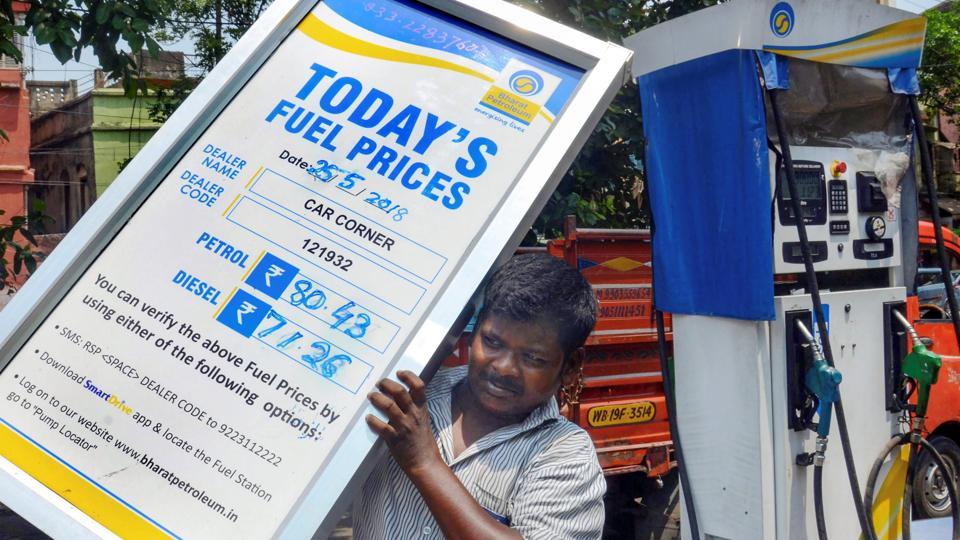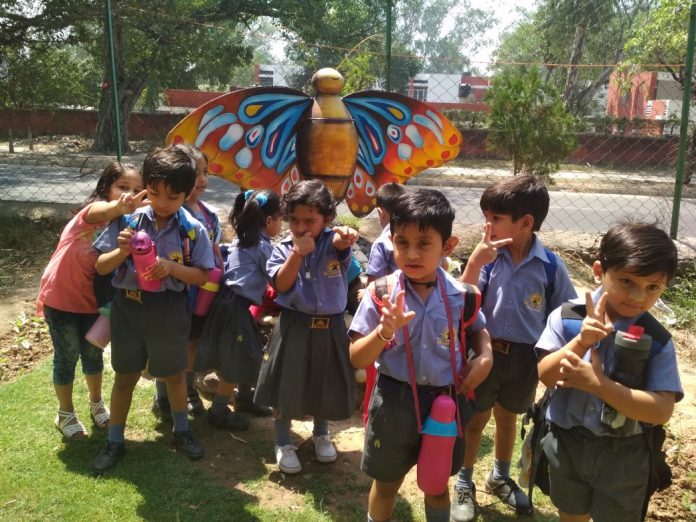The Fuel prices can be cut by Rs 4-5 in most parts of the nation, if the central government goes ahead with a plan which involves a marginal cut in the excise duty on the fuel, and this can be gives it’s a successful in its efforts to convince states to cut the Value Added Tax on fuel and oil marketing companies also to take a cut in their commission on sales.

The Narendra Modi government, the One of the senior-most bureaucrats, detailed the plan to a leading media portal, regarding the condition of anonymity. As per this person, reportedly, the central government is very concerned about rising fuel prices and the cut could happen “very soon”.
But this is also important that states and oil marketers play their part, this person added further, as the “Centre alone cannot bear the burden”.
On Wednesday, the Left government in Kerala, declared a Re 1 cut in petrol and diesel prices, with effect from the 1st June, by marginally reducing sales tax on fuel.
Every day for the past fortnight, the Fuel prices have risen continuously.
The petrol was selling at Rs 78.42 per litre and diesel at Rs 69.30 a litre, On Wednesday. The increase is on account of hardening global prices of oil.
Oil prices have gone up sharply. In 2016-17, the average price of crude in India’s basket was $47.56 a barrel. Now this is rose to the $56.43 in 2017-18. It was $63.80 in March. By April, it was $69.30.
Oil is currently trading at close to $75 a barrel, down from a high of almost $80 last week that is giving a breather of kinds.
The high prices have hit most people hard and raised the spectre of inflation.
This is also an opportunity for the National Democratic Alliance’s (NDA) opponents to criticise the government.
That’s because an important component of fuel price is taxes. at the same time, this is varies across states, the pattern is usually very akin; in Delhi, like, central taxes account for around 25% of the retail price of petrol; state taxes, 21.2%, and dealer margins, 4.7%.
The price of oil went down, the NDA government increased duties and used the revenue from this to fund development programmes.
Other government officials admitted this that the public spending to the tune of Rs 120,000 crore which is make easy by these duties.
“At the time when private companies were not willing to invest money into the country, the Modi government using prudent public finance policy decided to push up the public spending,” said one of these officials who asked not to be identified.
Of the central taxes, 42% is given to the states.
The decision to cut fuel prices is delivers relief to the common man comes even as the government is considering a longer-term solution that is showing by the petroleum minister Dharmendra Pradhan last week.
The government hasn’t shared details of the alternatives, one, extensively reported in the media, involves the creation of a so-called consumers collective of nations, like, China and India (the world’s second and third highest importers of oil) to drive harder bargains that is for the crucial oil producers such as Saudi Arabia.





